
The Good Book of Human Nature
An Evolutionary Reading of the Bible
Recommendation
Like the Bible it analyzes, this text is lively and varied. Evolutionary anthropologist Carel van Schaik and Kai Michel apply contemporary perspectives from cultural evolution, anthropology and cognitive science to explain their interpretation of the Bible and what it reveals about human nature and the evolution of civilization. This treatment is ambitious, and some will find it controversial. But its examples from history, daily life and the Bible make it a fascinating read. While always religiously neutral, getAbstract recommends this analysis to those who are intrigued by cultural evolution and human nature, but not necessarily to those who prefer a faith-based approach to the Bible.
Summary
About the Authors
Carel van Schaik is a professor of biological anthropology at the University of Zurich. Kai Michel is a historian and science journalist.








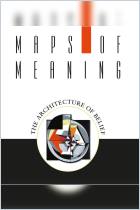
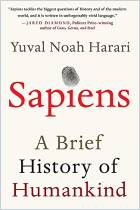
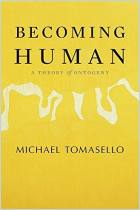
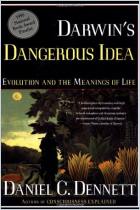
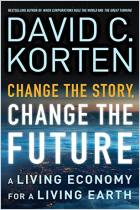
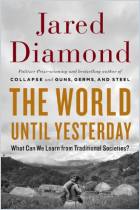





Comment on this summary